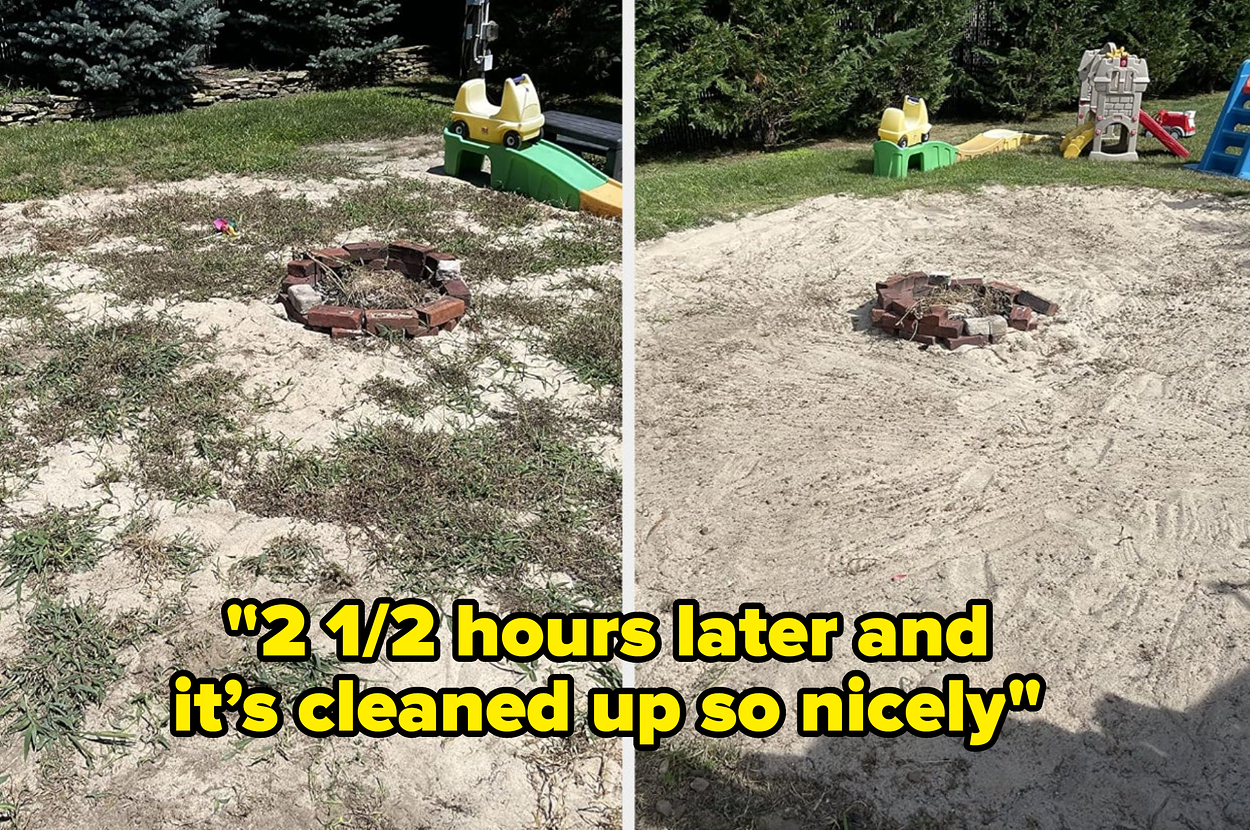Proponents of the Rust programming language have formed the Rust Leadership Council, to serve as the top-level governance body of the Rust Project. The change follows some disgruntlement in the Rust community over the project’s leadership and governance.
Announced June 20, the Rust Leadership council will assume responsibility for top-level governance concerns while most responsibilities of the Rust Project, such as evolution of the language, maintenance of the compiler and core tooling, and administration of infrastructure, remain with nine top-level teams. These nine teams cover the following: compiler, crates.io, dev tools, infrastructure, language, launching pad, library, moderation, and release.
Each top-level team of the Rust Project has chosen a representative to collectively form the council, with persons such as Eric Huss (dev tools), Eric Holk (compiler), Jack Huey (language), and Mara Bos (library) among the members. There has been some community dissatisfaction with Rust project leadership lately, with one result being a fork of the language, dubbed “Crab,” that promises “all the memory-safe features you love with 100% less bureaucracy!” Crab’s creators were irked by alleged corporate influence, trademark policy, and internal political decisions.
The creation of the council marks the end of Rust’s Core Team, and the Interim Leadership Chat. While lauding these two efforts as having been critical for the Rust Project, the Leadership Council acknowledged shortcomings in the project’s governance. “We hope to build on the successes and improve upon the failures to ultimately lead to greater transparency and accountability,” the council said.
“We know it’s sort of a replacement for the Core Team, but it’s also supposed to be significantly different,” Holk said in a blog post. He described Rust as possibly having four years of “governance debt.” He added, “In the conversations I’ve already had with folks around Rust governance, one of the clear themes that has come up over and over is that we need more transparency in Rust leadership. Fortunately, I believe all of us on the council agree with this and are committed to improving transparency.”
In coming weeks, plans call for establishing the basic infrastructure for the group, including a plan for meetings, a process for raising agenda items, and a team repository, and for completing the transition from former Rust leadership structures. More will be posted once this bootstrapping process has been completed.
The Rust language, which began as a Mozilla research project, offers advantages such as speed, memory safety, and low overhead. Rust was turned over by Mozilla to the independent Rust Foundation in February 2021.
Copyright © 2023 IDG Communications, Inc.
Source link










Leave a Reply